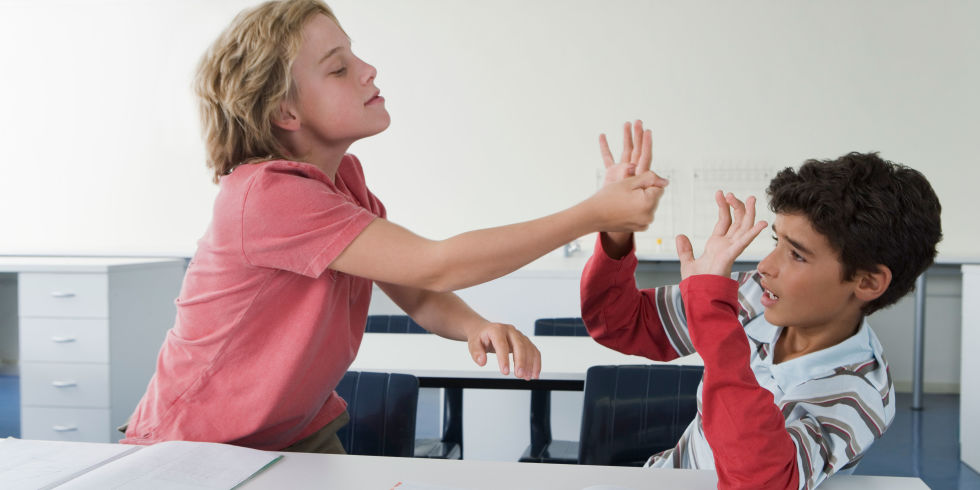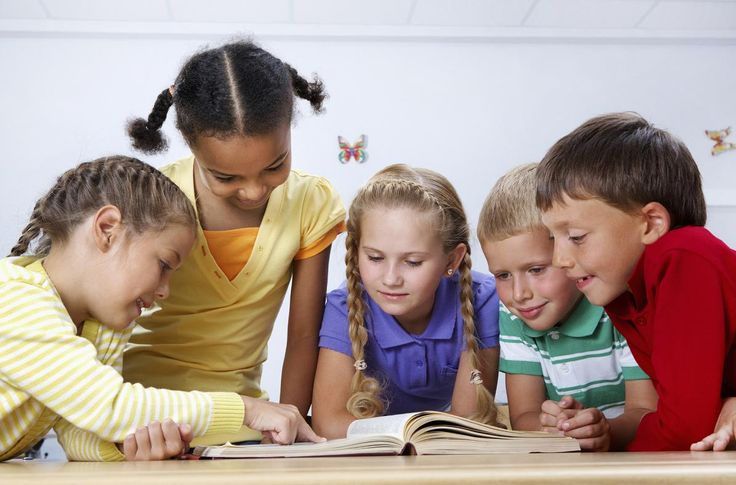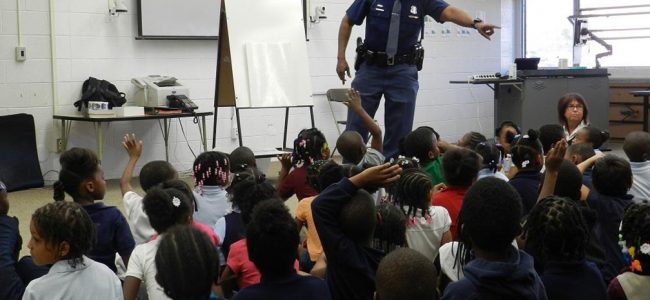Being a teacher somehow makes you a parent to hundreds of kids throughout your career, without giving birth to them. If you’d stay faithful to this vocation as a ‘parent’ and teacher, you’d only want the best for them regarding academics, physical health, and social relationships.
While you do your best to perform your duties as an educator and guardian, your students may be subject to occurrences that may create an impact on their characters and development, such as the ever-present act of bullying. Just before your students fall victim to this, here are necessary items you should remember.
1. Sudden Loss of Interest with Friends and Favorite Activities
While kids’ behaviors change as they go through the pre-adolescence stage, there may be some external factors that can cause changes in their preferences.

Be keen to your students’ shifts in interests or set of friends or the lack thereof. While this may not always be apparent to the teacher, take the time to monitor your learners’ attitude. Talk to them as you deem necessary.
2. Signs of Developing Bad Attitude
When exposed to bullying, children may either adapt to their tormentor’s unwanted aggressiveness or develop timidity about it. This sign is more apparent than changes in preferences and should be easier to recognize.

However, it may take time and serious effort to reverse any adverse effects of bullying. Make your student open up about his experiences and call their parents’ attention about this.
3. Support and Praise Your Students
Whether a student is subject to bullying or not may be difficult to assess. Hence the safest and most practical yet effective way of reversing the effects of this act is by providing your students with positive feedback.

Show support and encouragement even with little things. Teach your kids to be assertive, not aggressive. Also, make it a habit of recognizing your students’ capabilities in the classroom to make a positive impact on your learners’ behavior. While you won’t know who gets bullied when they do, there are always ways to zero out the negatives.
Lastly, be mindful of those children who have the tendency to bully others. Talk to them, too and see why they torment others. At the end of the day, both bully and bullied need your guidance and attention. Contact us to find out more.






